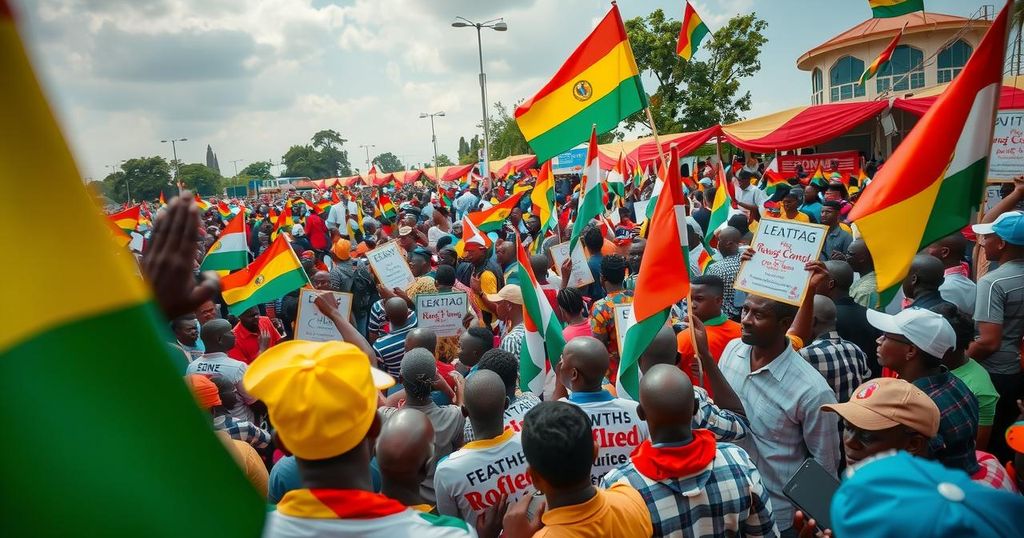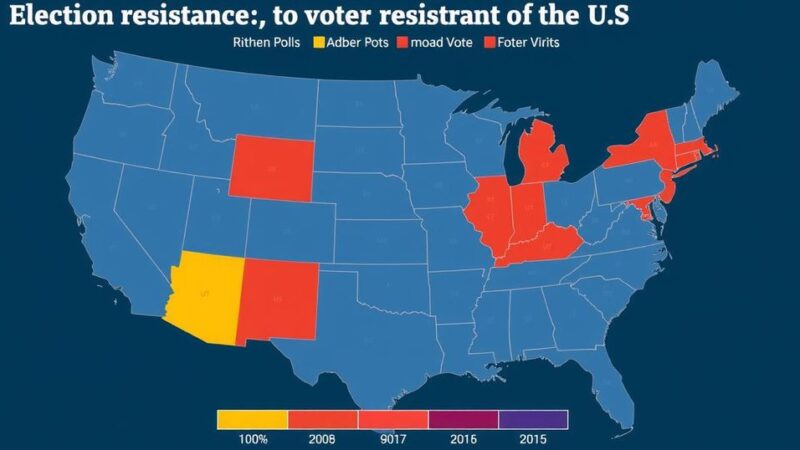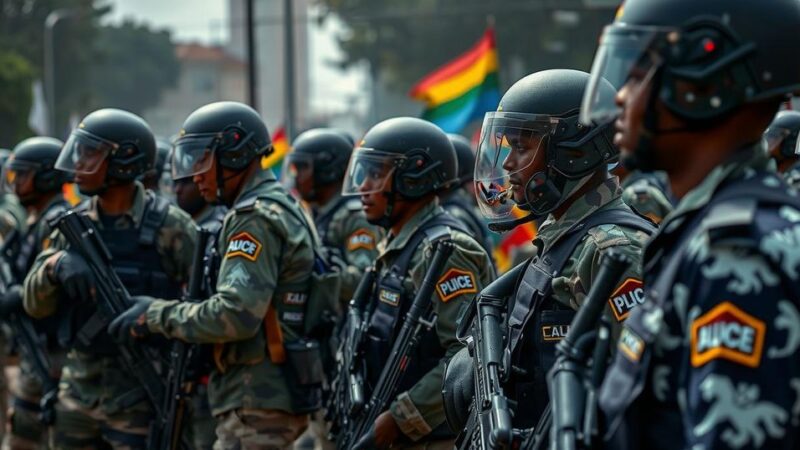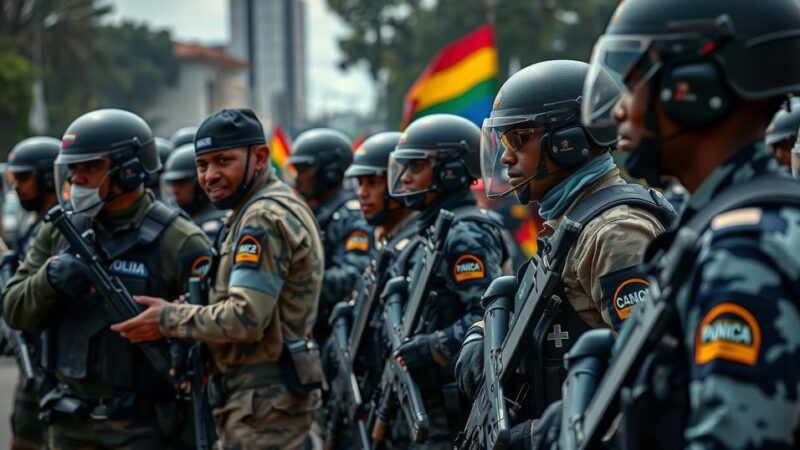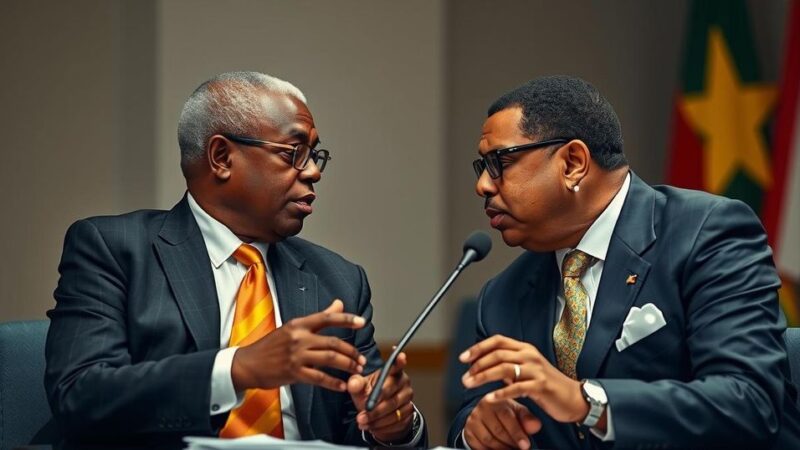Senegal’s government announced a significant victory for Pastef in parliamentary elections, granting President Faye a mandate to pursue reforms. Opposition leaders have conceded as final results are awaited. While the election was mostly peaceful, concerns of electoral fraud have been raised.
The Senegalese government has declared a significant victory in the recent parliamentary elections held on Sunday, asserting that the ruling party, Pastef, has achieved a sizable majority. A triumph for Pastef would bolster President Bassirou Diomaye Faye’s mandate to execute an ambitious agenda of economic and social reforms, initially promised during his election in March. Opposition leaders, including Former Prime Minister Amadou Ba and Dakar’s Mayor Barthelemy Dias, have acknowledged the outcome despite results still being tabulated. While official results are anticipated on Monday, the voting process was reported to be peaceful overall, notwithstanding isolated incidents of confrontations among various party affiliates leading up to the elections. Government spokesman Amadou Moustapha Ndieck Sarre expressed gratitude towards the populace for the overwhelming support for Pastef, though the party has yet to disclose the exact number of seats secured. For a parliamentary majority in the 165-seat National Assembly, 83 seats are required. The ruling party has encountered hurdles in advancing its reforms in a parliament previously dominated by the opposition. President Faye appointed his political mentor, Ousmane Sonko, as Prime Minister soon after his own ascension to the presidency, despite Sonko being prohibited from running for office. Their campaign focused on radical changes, echoing Afrocentric and nationalist sentiments while seeking to redefine Senegal’s relationship with France, its former colonizer. At 44, President Faye, recognized as Africa’s youngest elected leader, has placed emphasis on economic reform, social justice, and anti-corruption measures, which have resonated with the youth. Nevertheless, the new administration is poised to confront substantial challenges stemming from high unemployment rates and precarious public finances. In response to the elections, former President Macky Sall has alleged widespread electoral fraud perpetrated by Pastef, albeit without providing specific details.
The context of this election is rooted in ongoing socio-political transformations within Senegal, a nation that has traditionally maintained a strong democratic framework in West Africa. The emergence of Pastef as a significant political force reflects a growing desire among the populace for fundamental reforms and a shift away from historical dependencies, such as that which characterized Senegal’s relationship with France. The presidency of Bassirou Diomaye Faye signals a departure towards more nationalistic policies aimed at addressing economic disparities and engaging with the youth, who represent a critical demographic in Senegal’s electorate.
In conclusion, the recent parliamentary elections in Senegal have resulted in a proclaimed landslide victory for the ruling party, Pastef, which is anticipated to facilitate a robust implementation of progressive reforms under President Faye’s leadership. Despite the positive outlook for the administration, vigilance is necessary, given the challenges that persist within the socio-economic landscape. The allegations of electoral improprieties voiced by opposition figures must also be scrutinized to uphold the democratic integrity of Senegal’s electoral process.
Original Source: www.bbc.com
